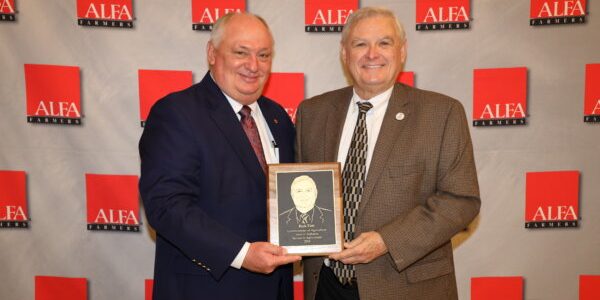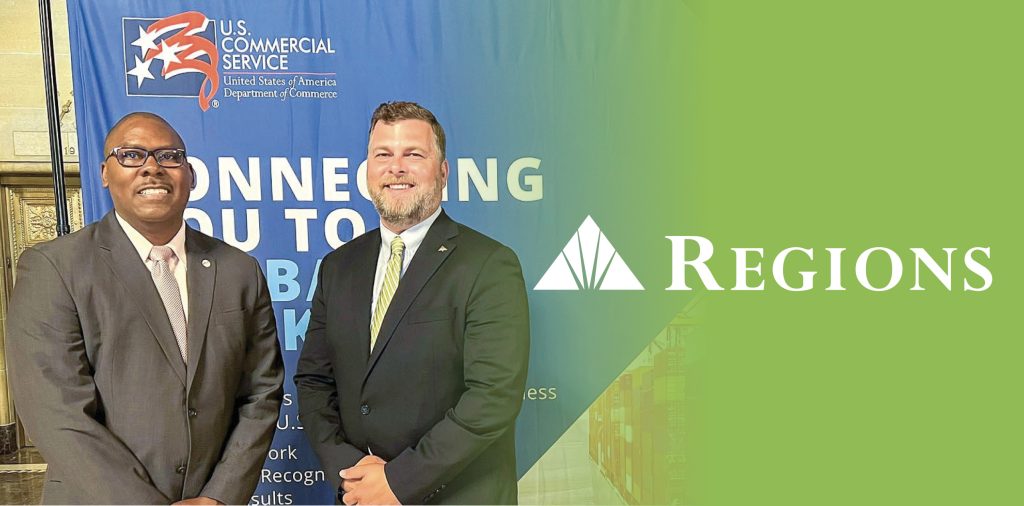Senators Richard Shelby (R-AL) and Doug Jones (D-AL) joined a group of six other U.S. senators on Monday in calling on Department of Commerce Secretary Wilbur Ross to implement American antidumping laws strongly and impartially to ensure domestic catfish producers are able to compete on a level playing field.
The two Alabama senators, along with Senators Cindy Hyde-Smith (R-MS), Roger Wicker (R-MS), John Boozman (R-AR), Bill Cassidy (R-LA), Tom Cotton (R-AR) and John Kennedy (R-LA), raised serious concerns over recent deferential actions by the International Trade Administration (ITA) toward a Vietnamese catfish exporter, which could affect the critical process to determine whether that country continues to violate U.S. antidumping laws.
“We are troubled by this series of events, as in recent years Commerce has consistently found significant dumping by Vietnamese fish fillet exporters, and has determined repeatedly that many exporters have been uncooperative in responding to the Department’s questionnaires. The decision by Commerce to consent to a Vietnamese Embassy official’s request to allow uncooperative Vietnamese parties to impede your Department’s proceeding with further delays will have a catastrophic effect on the domestic industry. Our catfish farmers rely on strong enforcement of U.S. antidumping laws to ensure they can compete on a level playing field,” the senators wrote in a letter.
“Vietnamese respondents or any other parties that fail to comply with requests for timely and accurate information, do not deserve more favorable treatment than U.S. catfish producers. We hope your Department will remain committed to strong implementation of U.S. antidumping laws, and that procedural rules will be applied to all parties in an impartial manner,” the letter concludes.
The ITA, a Commerce Department agency, in recent months has deviated from standard practices to grant the Hung Vuong Group (HVG), a leading Vietnamese exporter, extensions to provide evidence of its compliance with U.S. antidumping laws. The agency actions contradicted its own earlier actions to reject incomplete HVG data and to apply standard dumping margins to HGV products.
Since 2003, ITA has found that frozen fish fillets from Vietnam have been sold in the United States at less than fair market value, resulting in economic damage to American catfish producers.
The group of Senators also met with USDA Food Safety Inspection Services (FSIS) Administrator Carmen Rottenberg recently to receive an update on her agency’s catfish inspection program for both domestic and foreign products.
Rottenberg advised that FSIS inspections in FY2017 and FY2018 resulted in more than six million pounds of catfish being rejected for not meeting U.S. food safety standards. As the FSIS has worked to fully implement the inspection program, the number of eligible exporters has dropped from more than 90 in 2017 to 27 in 2018.
The full letter to Ross from the group of senators as follows:
Dear Secretary Ross:
We write to express serious concern over a recent action by the International Trade Administration to reverse an earlier decision in the antidumping proceeding involving frozen fish fillets from the Socialist Republic of Vietnam. This reversal will adversely impact catfish farmers and processors in our states, and is inconsistent with this Administration’s commitment to strong enforcement of U.S. trade laws.
In the current administrative review, we understand that a large Vietnamese exporter (Hung Vuong Group or HVG) failed to respond appropriately to the Department’s antidumping questionnaire after having been granted two deadline extensions. As a result, in keeping with its commitment to strong enforcement of U.S. policies against unfair trade, and consistent with long-standing practice, Commerce rejected the late and incomplete HVG submission. In April, the Embassy of Vietnam filed a letter requesting reconsideration of HVG’s untimely data. Again, Commerce refused to reconsider its decision, explaining that it is HVG’s responsibility under current regulations to ensure its responses are complete.
However, we have been informed that an official from the Embassy of Vietnam met with Commerce Department officials on May 15, 2018. The following week, Commerce reversed its decision and allowed HVG to refile its untimely response. Commerce then compounded the negative effect of its decision on American catfish farmers by extending the deadline for its preliminary finding, allowing HVG more time to justify the data in its late filing. As a result, HVG received a preliminary finding of no dumping.
We are troubled by this series of events, as in recent years Commerce has consistently found significant dumping by Vietnamese fish fillet exporters, and has determined repeatedly that many exporters have been uncooperative in responding to the Department’s questionnaires. The decision by Commerce to consent to a Vietnamese Embassy official’s request to allow uncooperative Vietnamese parties to impede your Department’s proceeding with further delays will have a catastrophic effect on the domestic industry. Our catfish farmers rely on strong enforcement of U.S. antidumping laws to ensure they can compete on a level playing field.
As Commerce officials travel to Vietnam in the near future to verify HVG reported data, we respectfully request that you strongly urge them to conduct this verification rigorously, and not tolerate further delays or obstruction from HVG or other Vietnamese officials. Vietnamese respondents or any other parties that fail to comply with requests for timely and accurate information, do not deserve more favorable treatment than U.S. catfish producers. We hope your Department will remain committed to strong implementation of U.S. antidumping laws, and that procedural rules will be applied to all parties in an impartial manner.
Thank you for your attention on this important matter.
Sean Ross is a staff writer for Yellowhammer News. You can follow him on Twitter @sean_yhn













